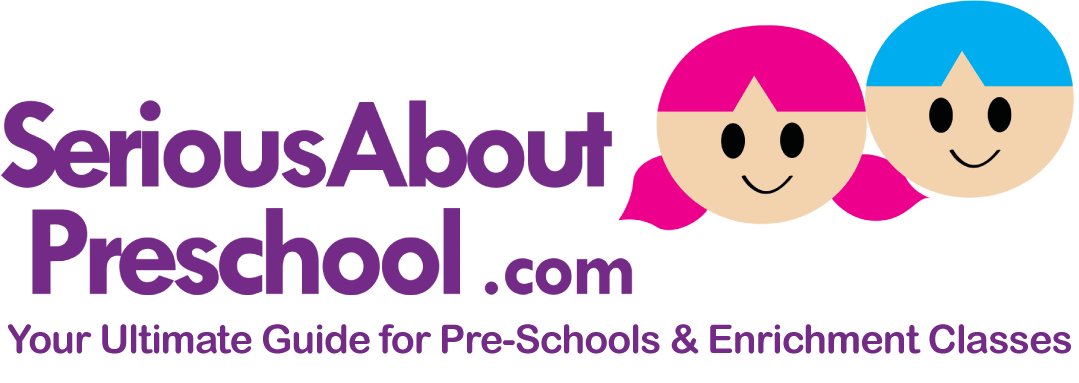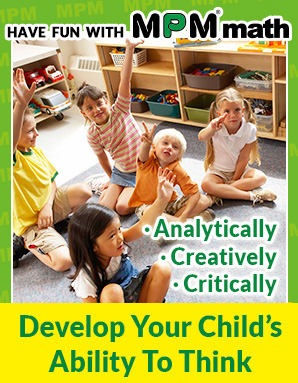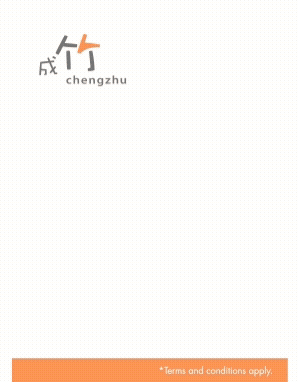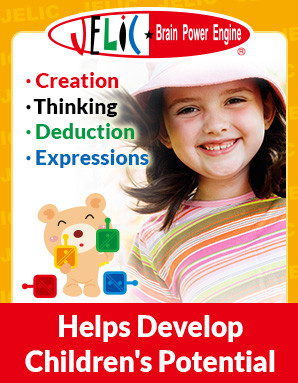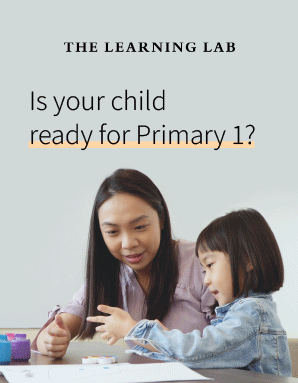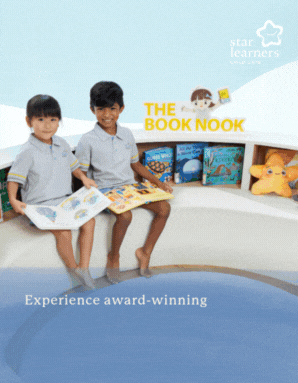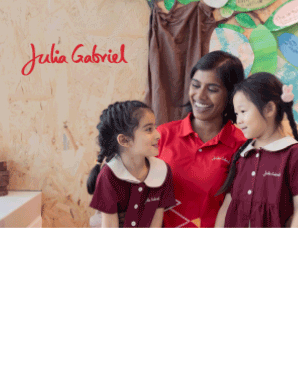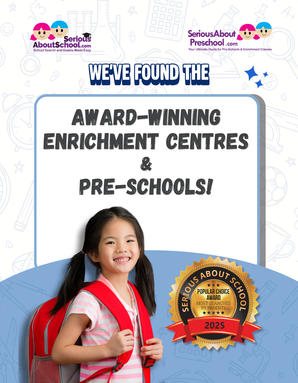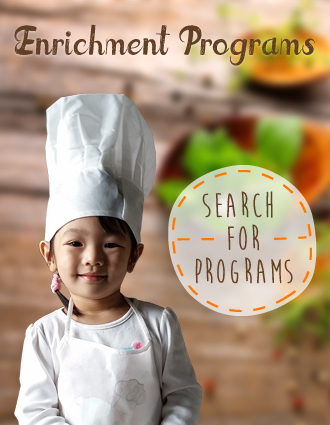Question:
Is it 'safe' for my child to only focus on 1 language in a school that offers full Chinese curriculum?Asked By : Sherlin
Words from the Expert:
Question:
There are schools that advocate full Chinese curriculum. But is it 'safe' to only focus on 1 language in their early years? How do we ensure that the kids are not lacking behind in English?
Answer:
Research shows that young children are experiential learners. Similarly, pre-schoolers progress at their own pace through activities designed to offer them the opportunity to promote cognitive development naturally in a fun and engaging environment. Whether such activities are experienced in the native tongue, the dominant tongue or a combination of both has no bearing on the effectiveness of this kind of developmentally-based curriculum. In our view, a bilingual and native tongue environment offers major advantages to pre-schoolers as they develop their language and thinking skills and help prepare them for Primary School.
In fact, a recent study from York University in Toronto, Canada (a bilingual country with two official languages English and French), suggests that exposure to two languages may actually give toddlers a cognitive advantage over young children who use only one language, with bilingual children showing increased self-control – also known as ‘executive functioning’. This suggests that bilingual children:
-
Are more likely to apply ‘selective attention’ – that is, to focus on the important task and are less likely to become distracted.
-
Show ‘cognitive flexibility’ – that is, changing responses according to the demands of the situation
In essence, starting school with a significant cognitive advantage in ‘executive functioning’ can have an important impact on both their academic and social future.
Moreover, in a recent long-term birth cohort study conducted from 2011 to 2014 involving Singaporean mothers and their offspring called GUSTO – a tripartite project between A*STAR’s Singapore Institute for Clinical Sciences (SICS), KK Women’s and Children’s Hospital (KKH) and the National University Hospital (NUH), it was found that 6-month old infants who are spoken to in two languages show better learning and memory than infants exposed to only one language. The study also found that there was a generalised cognitive advantage that emerges early in bilingual infants, which is not specific to any particular language.
At MindChamps Chinese PreSchool, we cultivate the necessary skills within our pre-schoolers so that they can become enthusiastic life-long speakers, listeners, readers and writers, and also develop their confidence in both written and spoken Mandarin and English. Our approach is based on the latest scientific research into language acquisition and the importance of a child's engagement with language, rather than the discredited "drill and kill" approach. As such, we have incorporated fun and engaging activities and programmes that are age and developmentally appropriate such as MindChamps Reading & Writing, The Love for Chinese Language and Chinese Cultural Appreciation.
Brian Caswell, Dean of Research and Programme Development, MindChamps answered the above parent's question.





